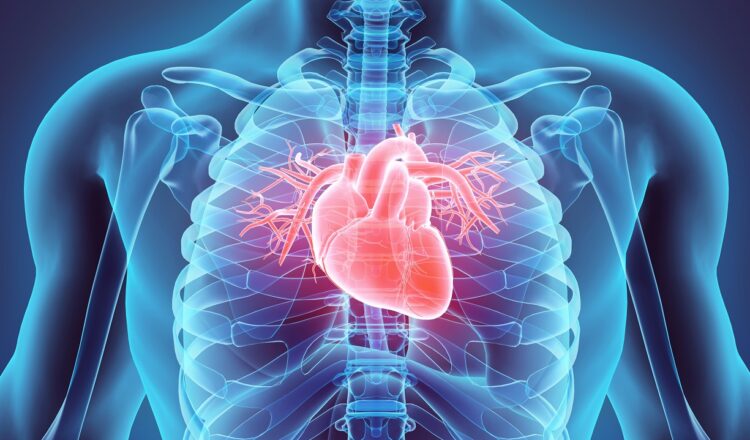Are you worried about the heart inflammation some have gotten after the COVID jab?
I was able to listen to part of the June 23 emergency meeting of the Advisory Committee on Immunization Practices (ACIP) concerning reports of myocarditis and pericarditis (heart inflammation) after the COVID jabs, especially the second one.
These are some of my takeaway impressions:
- ACIP was concerned about causing vaccine hesitancy if the public learns that the CDC is investigating about 600 cases of heart problems (some say 800), but it was decided that the public would be reassured to learn of CDC’s vigilance and transparency.
- The post-vaccination myocarditis tends to present differently than spontaneous or post-viral myocarditis. Chest pain is prominent in the former.
- It is “rare” or “extremely rare,” meaning in less than 1 in 10,000 exposures.
- Most cases are “mild,” and patients recover. (No mention of the occasional ones who die or are left with heart failure.)
- There are NO long-term data.
- One questioner suggested checking a large sample of asymptomatic patients for elevated troponin levels (the blood test for heart damage in suspected heart attack). Perhaps some institution will do this; the CDC will not.
- If myocarditis occurs after a first dose, it is recommended to defer the second dose until more information is known and to consider the second dose if the heart has recovered, after discussing with patient, guardian, and clinical team.
- Benefits of mRNA products are believed to exceed risks, but there are uncertainties, especially in 12 to 15 year-olds.
People are under increasing pressure to get the shots. The Houston-Methodist hospital system just fired 150 employees for refusing the shots. Their lawsuit was dismissed but will be appealed. The number of colleges requiring vaccination now exceeds 500; Indiana University is being sued.
After the ACIP meeting, officials recommend that people get vaccinated right away. The CDC plans to add warnings about heart inflammation to COVID vaccine fact sheets given to providers and people getting the shots.
The World Health Organization (WHO) recommends against injecting children—for now. But injecting all age groups regardless of disease risk is still on the agenda.
In a report on eight hospitalized patients with myocarditis, treatments included corticosteroids (prednisone) and colchicine or nonsteroidal anti-inflammatories. Patients were advised to abstain from competitive sports for three to six months.
What about nonhospitalized patients? In an unpublished case of a healthy young woman whose post-vaccine myopericarditis was found incidentally on an echocardiogram done to practice with a new machine, doctors recommended exercise restriction for the duration; low-dose prednisone; monitoring of rhythm; frequent echocardiograms; an MRI with follow-up in about a month; and troponin levels.
Consider that if you don’t look for it, you won’t find it and that early aggressive treatment might prevent long-term damage.
Do the math: If one in 10,000 get myocarditis, out of 300 million who get the needle in the arm, we could get 30,000 people, predominantly young men, with damaged hearts.
For further information, see an extensive interview with cardiologist Peter McCullough, M.D.
Jane Orient, M.D., Exec. Dir., Association of American Physicians and Surgeons, [email protected]




